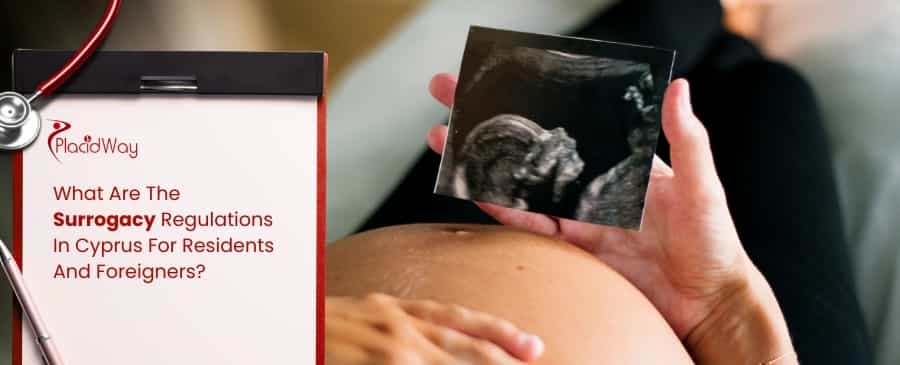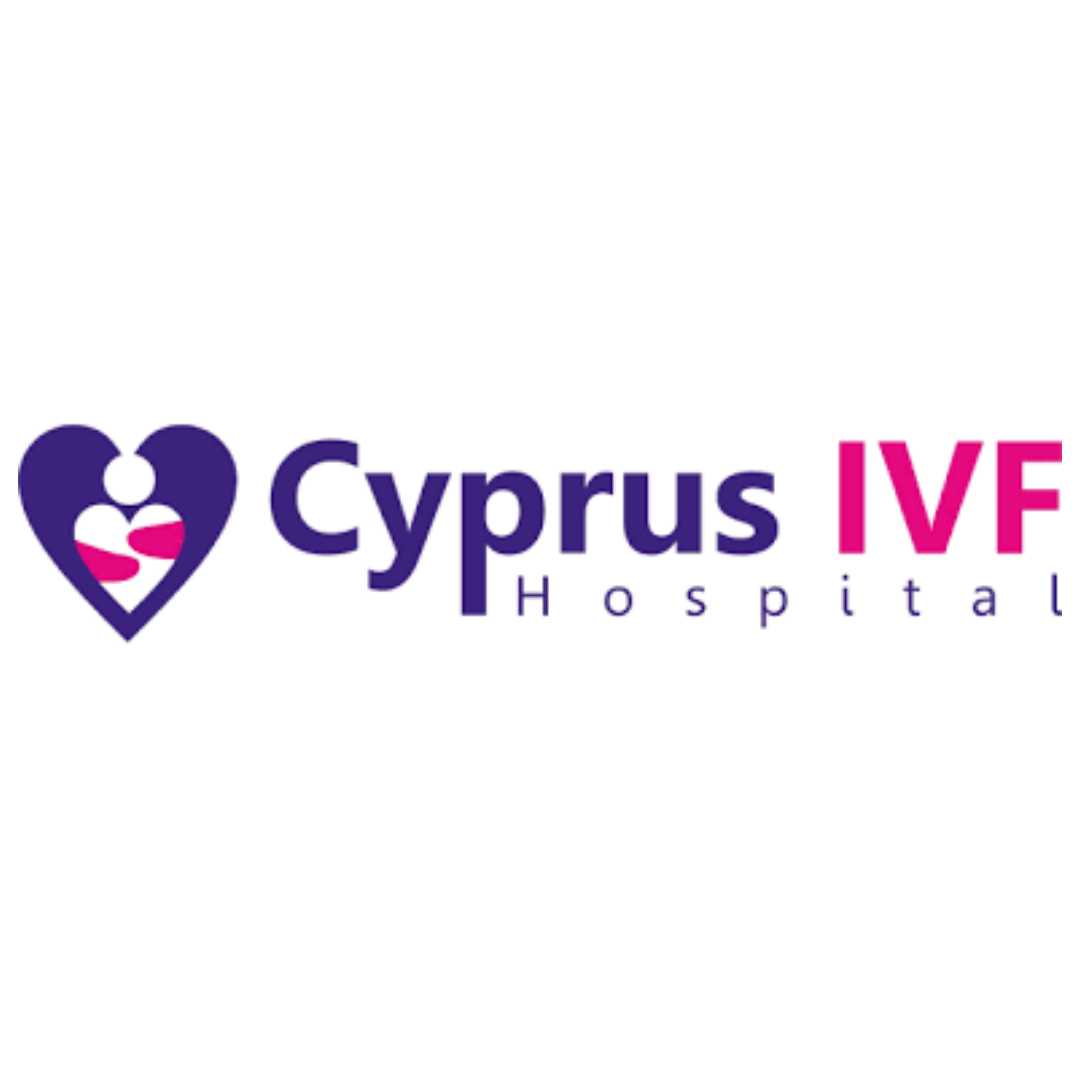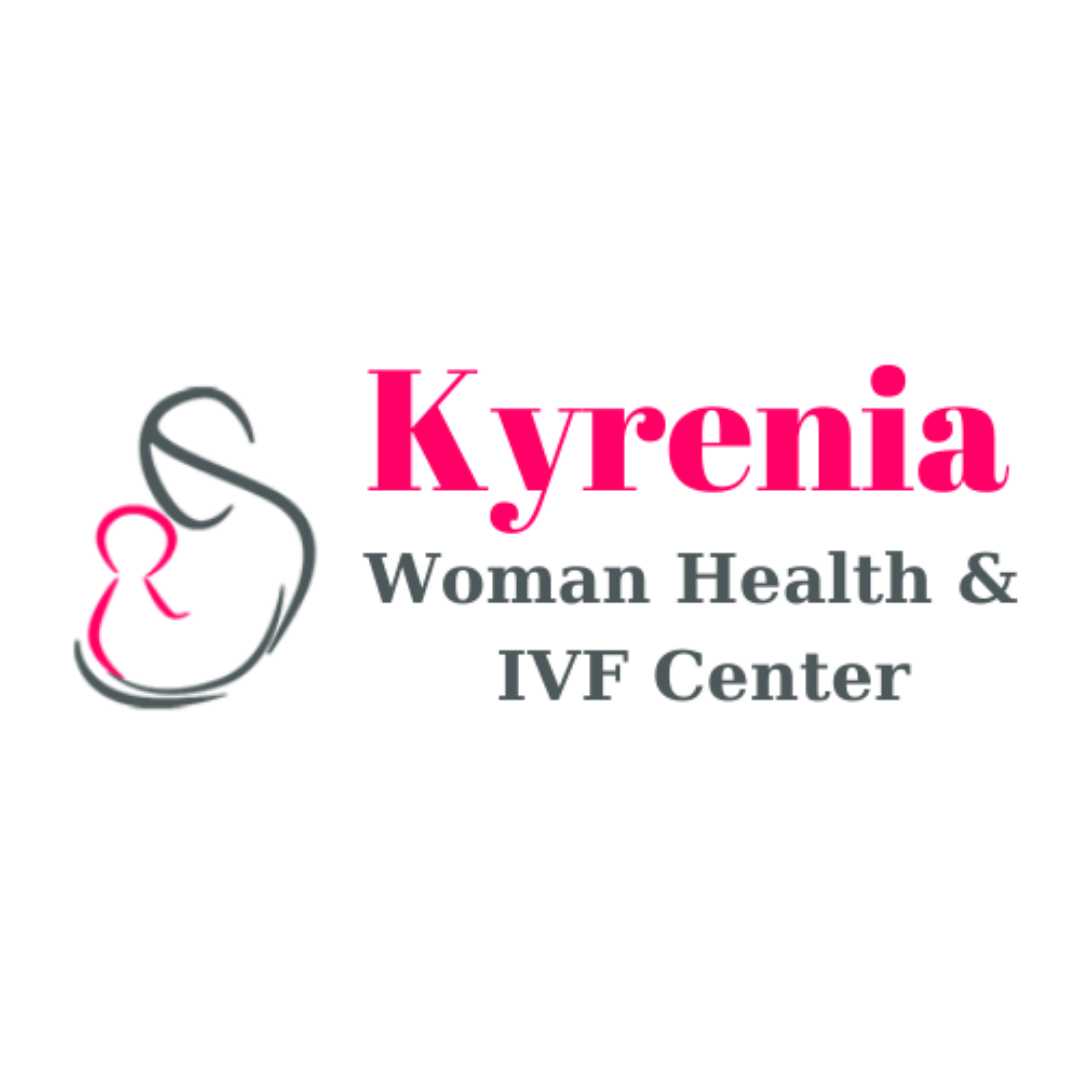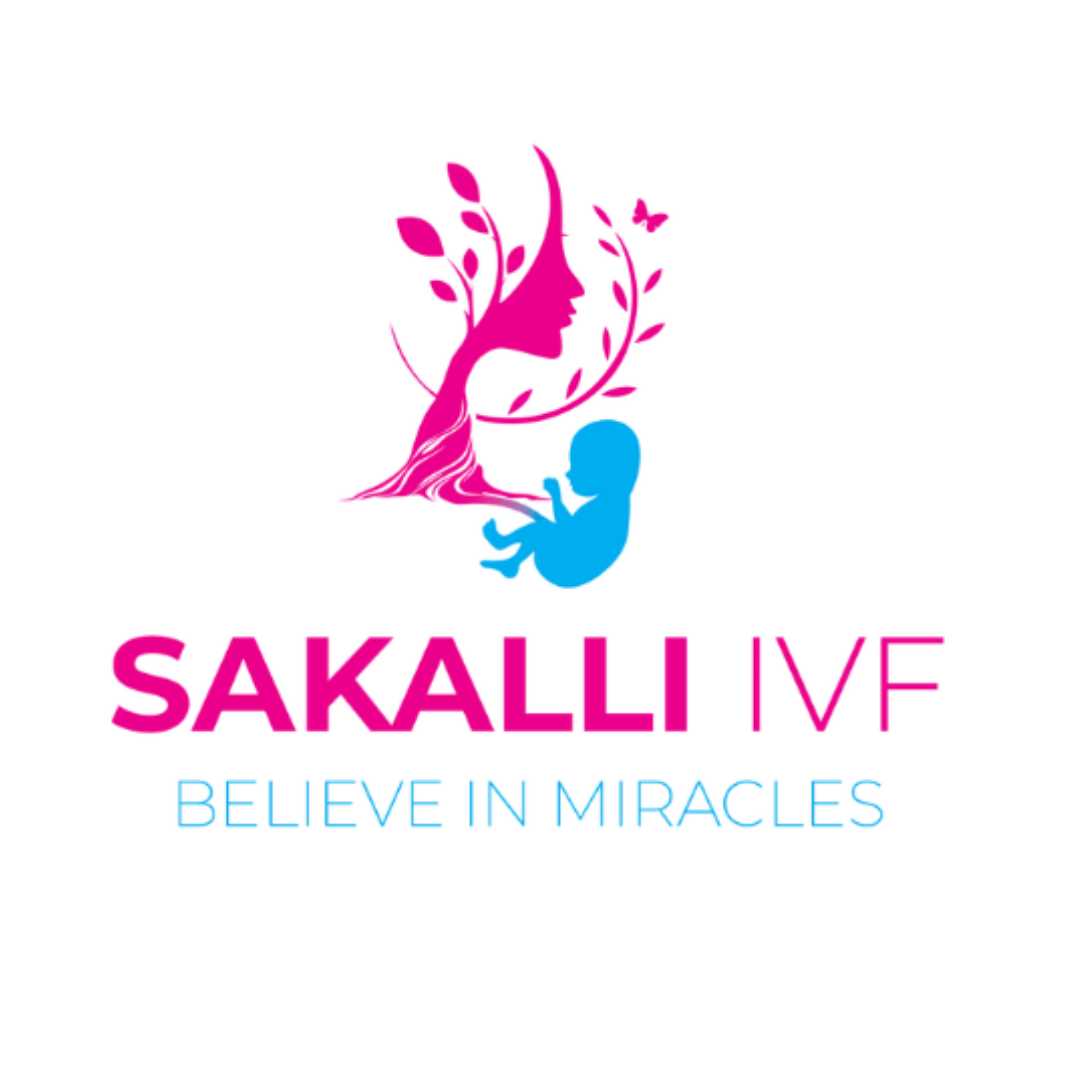Why Choose Cyprus for Surrogacy

Navigating the world of surrogacy can be complex, especially when considering international options. Cyprus presents a unique situation, as it doesn't have a dedicated surrogacy law. This means that instead of clear-cut legislation, practices rely on interpretations of existing family law and court precedents.
This guide will provide a detailed look into the surrogacy regulations in Cyprus for residents and foreigners, helping you understand the legal status, the process of establishing parentage, and the critical differences between the Republic of Cyprus (South) and Northern Cyprus.
What is the Specific Legal Status of Surrogacy in the Republic of Cyprus?
The absence of a specific law creates a gray area. There are no statutes that formally regulate surrogacy agreements, define the rights of the parties, or outline a pre-birth process for establishing parentage. Instead, the legal framework is built upon rulings from the Cypriot Family Courts.
These courts have generally taken a favorable view of altruistic gestational surrogacy, prioritizing the welfare of the child and the rights of the biological parents. The legal process to transfer parentage from the surrogate to the intended parents happens after the child is born, making it a judicial process rather than an administrative one.
What is the Difference Between 'Altruistic' and 'Commercial' Surrogacy in Cyprus?
This distinction is critical. To stay within the accepted legal practice in Cyprus, the arrangement must be altruistic. This means:
- Permitted Expenses (Altruistic): Intended parents can cover the surrogate's direct costs related to the pregnancy. This includes medical bills, maternity clothes, travel to appointments, lost wages due to medical needs, and other justifiable expenses. All payments should be documented and reasonable.
- Prohibited Payments (Commercial): Any payment that could be construed as a fee for "carrying the baby" or for the "service" of surrogacy is not permitted. A commercial agreement would likely be voided by a court and could jeopardize the parentage process.
How is Legal Parentage Established for Intended Parents After a Cypriot Surrogacy?
The process is not automatic and requires several legal steps after the child is born:
- At Birth: The woman who gives birth (the surrogate) is legally registered as the child's mother on the birth certificate. The genetic father can often be named as the father.
- Court Application: The intended parents, with their lawyer, file an application with the Family Court to be recognized as the legal parents.
- Submission of Evidence: They must provide key evidence, including DNA tests proving a genetic link (usually from at least one parent), the surrogacy agreement showing intent, and proof that the arrangement was altruistic.
- Surrogate's Consent: The surrogate must provide her formal consent to relinquish her parental rights in favor of the intended parents.
- Parentage Order: If the court is satisfied, it will issue an order that transfers full legal parentage to the intended parents and allows for a new birth certificate to be issued.
Why is Surrogacy Illegal in Northern Cyprus but Practiced in the South?
This is a critical distinction that intended parents must understand to avoid severe legal risks. The island of Cyprus is politically divided. The Republic of Cyprus is an independent, internationally recognized country and a member of the European Union.
Its legal system allows for the practice of altruistic surrogacy as described. Northern Cyprus, however, is a self-declared state recognized only by Turkey. Its legal system is aligned with that of Turkey, where a strict law bans all surrogacy arrangements. Attempting surrogacy in the North is illegal and not a viable option.
What are the Biggest Challenges for Foreigners Pursuing Surrogacy in Cyprus?
While the process within Cyprus is manageable with good legal help, the main hurdles for international parents are external. The primary challenge is ensuring a smooth legal transition back to your home country. You must:
- Consult a Lawyer at Home: Before starting, you must consult an immigration or family lawyer in your own country to confirm if and how they recognize parentage established through international surrogacy. Some countries may require you to complete an adoption process.
- Plan for a Potentially Long Stay: The post-birth court process and the application for the child's citizenship and passport at your embassy can take several weeks or even months. You must be prepared to stay in Cyprus during this time.
- Navigate the Legal Process: The reliance on the court system rather than a simple administrative process means there is an element of uncertainty that can be stressful.
Explore PlacidWay for comprehensive solutions for your medical tourism needs, including fertility treatments and international surrogacy options. We connect you with trusted clinics and legal advisors to navigate complex healthcare journeys worldwide.


.png)

.png)



.png)
.png)
.png)






Share this listing